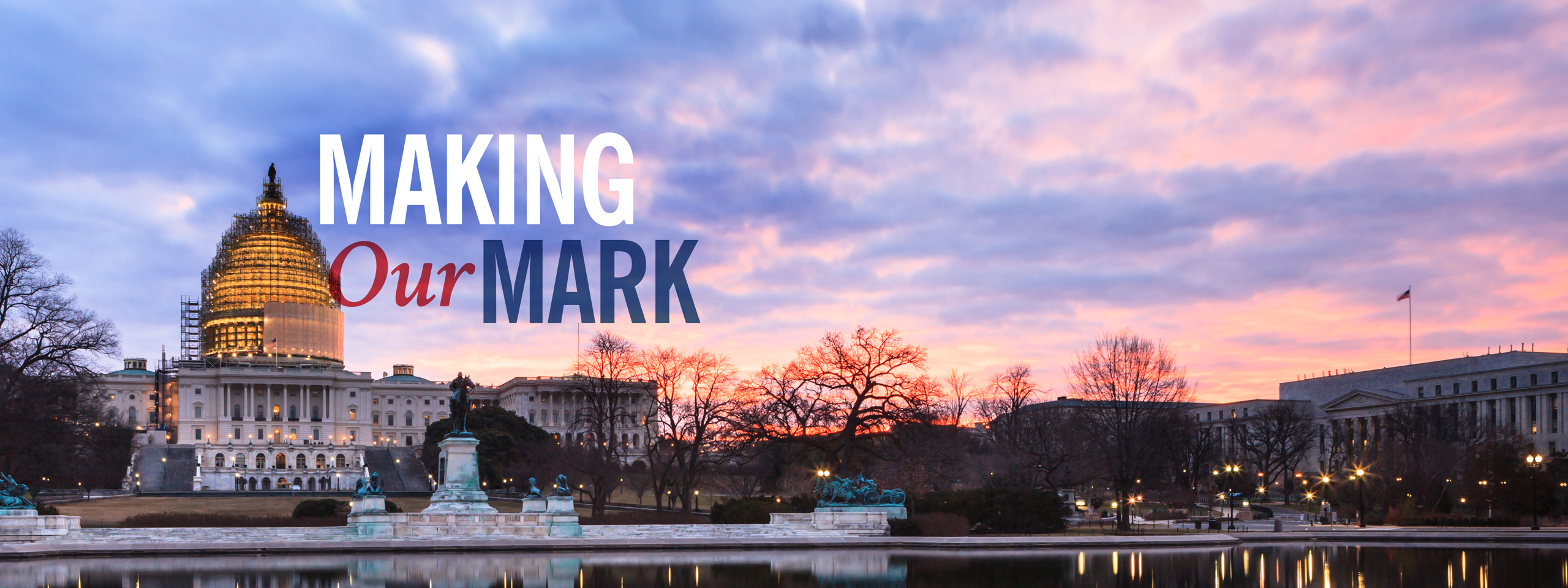
Legislative Achievements
The end-of-year omnibus appropriations and tax extender package included several key BPC recommendations, including:
An end to the ban on crude oil exports
Requirements on the Department of Homeland Security to develop a better set of metrics to measure immigration enforcement and border security efforts and publicly report the data on a regular basis
Greater information sharing on cyber threats between companies and the Federal Government
Increased investments for the National Institutes of Health ($2 billion increase) and the Food and Drug Administration ($132 million increase) to speed the delivery of safe and effective medical and drug innovations
Did you know?
Prospect magazine honored BPC with its Think Tank of the Year Award based on the Financial Regulatory Reform Initiative’s work on improving the implementation of the Dodd-Frank Act.

Research and analysis is an important part of BPC’s work. The Bipartisan PolicyCenter’s Advocacy Network (BPCAN) ensures that this research informs legislative decisions. BPC and BPCAN worked diligently last year to create impact on Capitol Hill, at the agency level, and on the lives of millions of Americans.
The Medicare Access and CHIP (Children’s Health InsuranceProgram) Reauthorization Act of 2015 contained several BPC Health Project recommendations, including payment incentives for physicians to participate in value-based payment models and more means-testing, as well as a two-year reauthorization of CHIP.
BPC’s Governors Council helped Dean Heller (R-NV) and Joe Manchin (D-WV) champion an amendment to give governors more say in state education plans. It was included in the enacted Every Student Succeeds Act of 2015.
The Highway and Transportation Funding Act of 2015 that was enacted into law contained BPC Energy Project recommendations on securing the electric grid from cyberattacks.
The House-passed 21st Century Cures Act included recommendations proposed by BPC’s Health Innovation Initiative on health information technology and medical innovation.
Several bipartisan bills were introduced that included BPC recommendations on energy innovation, including legislation by Senators Chris Coons (D-DE) and Lamar Alexander (R-TN) calling for a Quadrennial Energy Review, as well as a bill to reauthorize the America Creating Opportunities to Meaningfully Promote Excellence in Technology, Education, and Science (COMPETES) Act. Norm Augustine testified on behalf of BPC’s American Energy Innovation Council before the Senate Energy and Natural Resources Committee.


